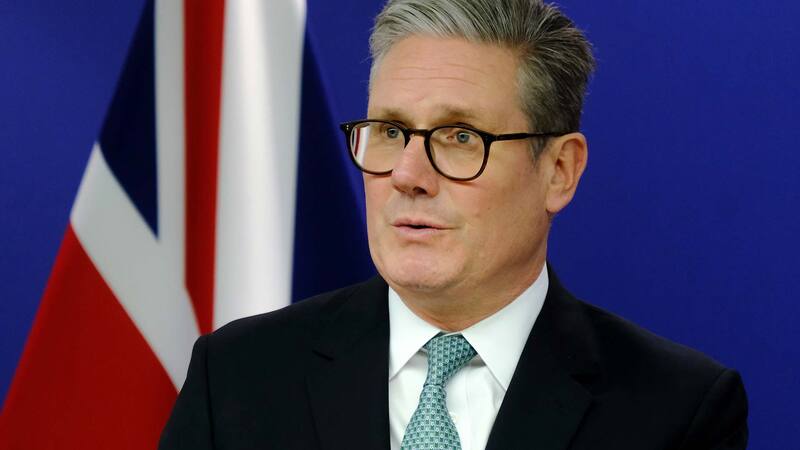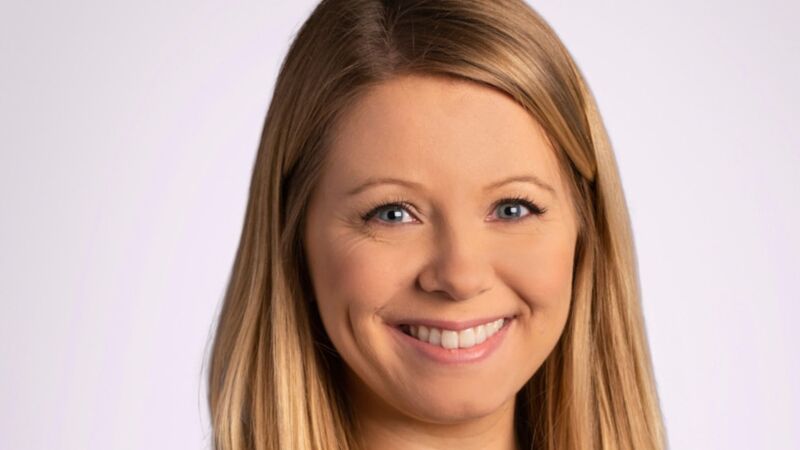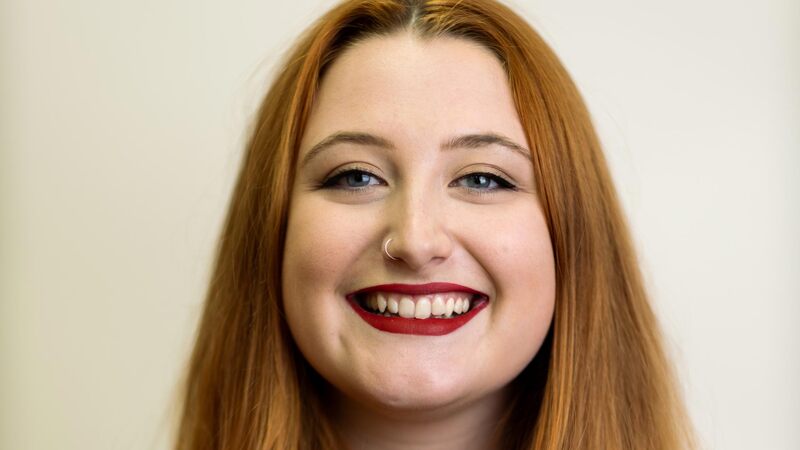You are viewing your 1 free article this month. Login to read more articles.
Further sales and profit lifts at CUP
Cambridge University Press saw turnover of £316m in the year to 30th April 2018, a headline rise of 3.1% on the previous year's total of £306m, and 4% at constant currency rates. Meanwhile profit rose to £17m, which CUP calculated as a 25% year-on-year rise, saying the £16.3m profit figure cited the previous year did not take into account exceptional items of over £2.5m.
The figures were revealed in the latest CUP annual report.
Figures for the Press’s three publishing groups – Academic, English Language Teaching and Education – were not broken out. However both Academic and ELT were described as having “strong” years; Education saw “a year of consolidation” following several years of “exceptional” growth.
Chief executive Peter Phillips said: “As part of the University of Cambridge, we exist to advance knowledge, learning and research. Our strong financial performance gives us greater resources and flexibility to invest in the people and technologies that enable us to fulfil our purpose in a fast-evolving world.”
The publisher was helped to the result by “strong control of costs”, Phillips said in the report, describing it as “a tribute to the restructuring work undertaken by the Press over the past few years, which has left us nimbler in responding to changing markets."
Sales of purely digital products, and those which blend digital and print textbooks, continued to grow “rapidly” in the year, with digital sales nearly 40% of total sales, he said. Last year, CUP cited digital sales at 36% of the total figure. “Our fastest growth is in blended products which allow huge flexibility for teachers, and physical sales also remain robust,” Phillips added. “The digital and physical worlds are closely linked, and our aim is to provide whatever combination best meets the needs of our customers – be they researchers, librarians, teachers or students.”
The Academic division was said to have had “a strong year for book sales worldwide, particularly in the North American market”, despite the squeeze on library budgets, price sensitivity in the higher education textbook market and the threat of illegal sharing of academic papers online. Meanwhile Cambridge English Language Teaching saw “double-digit expansion in both primary and secondary schools” with Turkey, India, Mexico and Italy singled out. “Strong growth” was also seen in Cambridge Exams Publishing, a joint unit with Cambridge Assessment English.
Investment in its digital platforms included a relaunch of CUP’s Author Hub to include guides on the publishing process, detailed sales and royalty information and author benefits across the three publishing groups. Cambridge Core, CUP's joint books and journals platform, saw a 10% rise in user registrations and a 19% rise in content usage in the six months to 30th April 2018. Phillips said investment would continue "in the new skills, technological capability and sophisticated products which will enable us to support the changing needs of teachers, learners and researchers."
In what appears to be a reference to CUP’s travails with the Chinese censors during the course of last year, Phillips wrote in his Overview to the report: “During the year we reviewed the ethical framework under which we operate, particularly in the area of publishing, examining areas such as plagiarism, censorship and the creation of different versions of products for markets with particular cultural sensitivities. There can be tensions for all academic and educational publishers between the wide availability of academic and teaching material in every country and national laws in many countries which restrict some types of content, and no publisher can force any customer to buy content they do not want. For the Press, as part of a world-leading university, we are clear that we will not compromise in the content of research which we publish and will uphold the principle of academic freedom in the way we distribute our material around the globe.”
















